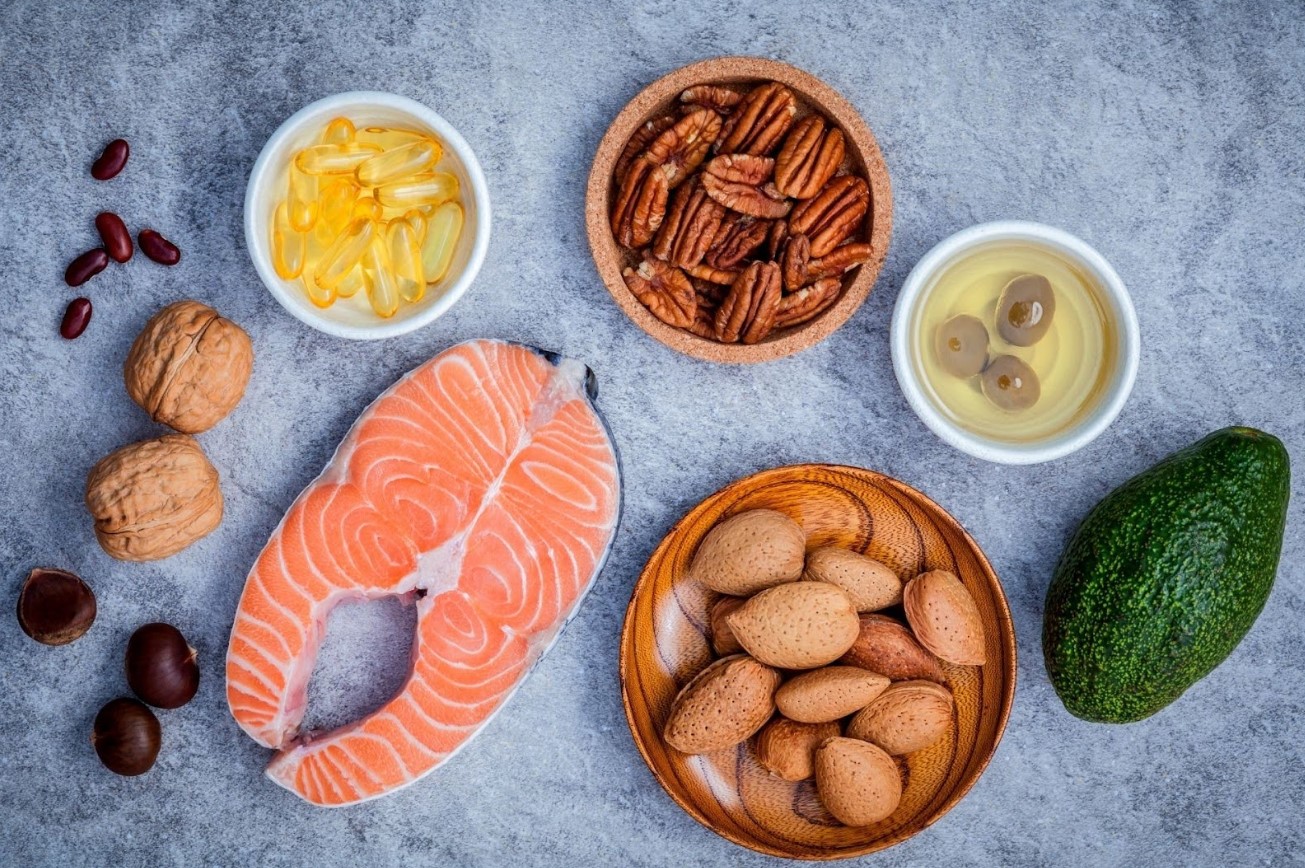Nutrition for Footballers: Fueling Your Body for Peak Performance
Football is a game of relentless physical exertion

Football is a game of relentless physical exertion, demanding a unique blend of endurance, speed, and power. In the UK, from the grassroots level to the professional leagues, players push their bodies to the absolute limit. A professional footballer can cover up to 13 kilometres in a single match, with energy expenditure soaring to as high as 3,900 calories on game day. Despite these incredible demands, a significant portion of athletes, estimated between 22–58%, are not consuming enough energy, placing them at risk of fatigue, diminished performance, and injury. This guide explores the nutritional strategies required to fuel the modern footballer, with a focus on adapting principles for plant-based diets and budget-conscious athletes, providing valuable insights for those interested in performance nutrition and fitness writing.
Macronutrients: The Engine of Performance
A footballer's diet is built upon three core macronutrients: carbohydrates, protein, and fat. Achieving the right balance is crucial for energy, recovery, and overall health. A focus on whole, minimally processed foods provides the most effective foundation, delivering not just energy but also the essential vitamins and minerals that support all bodily functions. This principle applies universally, whether an athlete follows a traditional or plant-based diet, and can be effectively managed even on a strict budget.
Carbohydrates: The Primary Fuel
Carbohydrates are the most critical fuel source for high-intensity exercise. They should constitute the majority of a player's diet, with some experts recommending a ratio of around 65% of total caloric intake. During intense activity, the body's carbohydrate stores, known as glycogen, are the primary energy source. Once depleted, performance drops significantly. To prevent this, footballers should consume 6–8 grams of carbohydrates per kilogram of body weight on match days. Excellent sources include whole grains, potatoes, fruits, and vegetables, which provide a sustained energy release.
Protein: Repairing and Rebuilding
Protein is essential for repairing muscle tissue damaged during training and matches, facilitating adaptation and supporting immune function. The target intake for footballers is 1.6–2.2 grams of protein per kilogram of body weight daily. For athletes following plant-based diets, the question of protein is often raised. However, protein is present in all plant foods, and a varied diet including beans, lentils, tofu, nuts, and seeds can easily meet these requirements without the need for animal products. While some athletes consume more, research suggests intakes above this range offer no additional muscle-building benefits.
Fats: Essential for Health and Energy

Dietary fats are a dense source of energy and play a vital role in hormone production and joint health. They should comprise about 20–35% of a player's daily calories. The focus should be on unsaturated fats from sources like olive oil, avocados, nuts, and oily fish. It is important to note that while the body can use fat for fuel, it is not the primary source for the explosive movements required in football, and high-fat diets that displace necessary carbohydrates are not recommended for most players.
Hydration: The Unseen Performance Factor
Dehydration is a significant threat to performance, impairing both physical capacity and cognitive functions like decision-making. Players must prioritise hydration, starting sessions and matches in a fully hydrated state. Fluid intake should be consistent throughout the day, with an increased focus during intense training or in warm weather. A loss of as little as 2% of body weight can impair not only stamina but also technical skills like dribbling, passing accuracy, and reaction times. To effectively replenish losses, players should consume fluids containing electrolytes, as water alone does not replace the vital minerals lost through sweat
The Recovery Advantage: Antioxidants from Plants
Recovery is as important as the performance itself, and a plant-rich diet may offer a distinct advantage.Plant-based diets are naturally abundant in vitamins, minerals, and compounds called phytochemicals, many of which function as powerful antioxidants. Strenuous exercise produces by-products called free radicals, which can contribute to muscle damage, fatigue, and soreness. The high antioxidant content of a plant-based diet, featuring foods like berries, leafy greens, and tart cherry juice, can help neutralise these free radicals, potentially reducing exercise-induced damage and inflammation, and accelerating recovery.
Periodisation and Position-Specific Fueling
Nutritional needs are not static; they change with the demands of the season and a player's role on the pitch. During intense training blocks and match periods, energy and carbohydrate intake must increase to meet demand. Conversely, intake should be reduced on rest days to prevent unwanted fat gain. Furthermore, a midfielder who covers the most ground will have higher energy needs than a goalkeeper. Tailoring nutrition to these variables is a key principle of elite sports nutrition.
Sample Match-Day Meal Plan
This table provides an example of a meal plan for a 75kg footballer on a match day, designed to optimise energy and recovery.
| Meal | Foods Included | Purpose |
|---|---|---|
| Breakfast | Porridge with banana and berries; Scrambled eggs or tofu on wholegrain toast | Carbohydrate loading, protein for muscle maintenance |
| Snack | Greek yoghurt or soy yoghurt with a handful of almonds | Sustained energy, antioxidants |
| Lunch | Grilled chicken or lentil bolognese with wholewheat pasta, side salad | Lean protein, complex carbs, micronutrients |
| Pre-match | Rice cakes with jam or a banana | Easily digestible carbohydrates for quick energy |
| Post-match | Chocolate milk or a plant-based protein shake, an orange | Rapid replenishment of glycogen and protein for recovery |
| Dinner | Baked salmon or black bean burgers, sweet potato wedges, steamed greens | Omega-3s, complex carbs, vitamins for repair |
Foods to Prioritise and Avoid on a Budget
A performance-enhancing diet does not have to be expensive. The focus should be on whole, minimally processed foods. For those on a budget, staples like oats, rice, potatoes, beans, lentils, and seasonal or frozen vegetables provide exceptional nutritional value at a low cost. Players should limit their intake of refined carbohydrates, sugary drinks, and fried foods, which can hinder both performance and recovery.
Supplements: A Food-First Approach
While a varied diet should provide most necessary nutrients, some supplements can be beneficial. For athletes on a 100% plant-based diet, a Vitamin B12 supplement is essential as it is not naturally found in plant foods. Vitamin D, particularly in the UK, and omega-3 fatty acids (DHA/EPA) sourced from algae are also often recommended to ensure optimal health and brain function. However, a "food-first" philosophy should always prevail, with supplements used to fill specific, identified gaps rather than replace whole foods.
Conclusion
Nutrition is an indispensable component of a footballer's career, as vital as tactical knowledge and technical skill. By mastering the principles of fueling—prioritising carbohydrates for energy, consuming adequate protein for repair, and hydrating effectively—players can unlock new levels of performance. Adopting a diet rich in plant-based foods can offer a significant recovery advantage through a high intake of antioxidants. A well-planned diet, whether it includes animal products or is fully plant-based, can meet all the demands of the sport. By individualising these strategies to fit their position, training load, and personal circumstances, including budget, every footballer can build a foundation for peak performance and long-term health.







